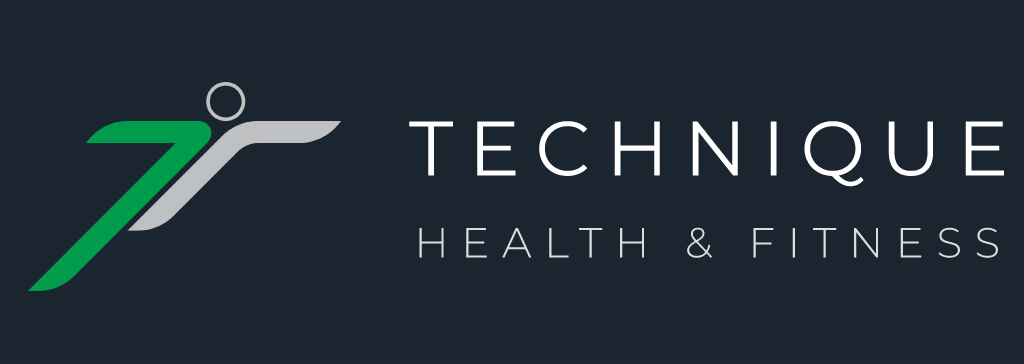Common Skiing and Snowboarding Injuries and How to Prevent Them
Skiing and snowboarding are exhilarating winter sports, but they come with inherent risks. Every year, many enthusiasts experience injuries ranging from mild strains to serious joint damage. Fortunately, with the right preparation and precautions, many of these ski injuries can be avoided. Here we explore the most common injuries in skiing and snowboarding and provide tips for prevention, with a particular focus on physiotherapy for ski injuries and the importance of assessing strength and endurance.
Technique Health & Fitness have specialists in preventing and treating ski and snowboarding injuries across its clinics in Central London.
Common skiing and snowboarding injuries
Knee Injuries: Whether carving on skis or landing awkwardly on a snowboard, knees are highly vulnerable. Anterior Cruciate Ligament (ACL) and Meniscus tears are particularly common in skiers due to twisting forces, while snowboarders are prone to knee injuries from falls or hyperextension.
Wrist and Hand Injuries: Snowboarders frequently sustain wrist fractures and sprains when they fall onto an outstretched hand. “Skier's thumb” is often caused by falling on an outstretched thumb while holding a ski pole, but it can also be caused by chronic stretching of the ligament.
Shoulder Injuries: Dislocations, collarbone fractures, and rotator cuff tears are common in both sports due to falls or collisions.
Head Injuries: Whether hitting a tree, a slope feature, or another skier or snowboarder, falls at high speeds can lead to concussions or serious traumatic brain injuries.
Spinal Injuries: While less frequent, high-impact crashes or jumps gone wrong can cause back injuries.
Tips for Injury Prevention
Pre-Season Conditioning: Build lower body, core, and upper body strength to handle the physical demands of skiing and snowboarding. Include exercises like squats, planks, and balance drills in your routine.
Warm-Up: Cold muscles are more prone to a ski injury. Perform a 10-15 minute warm-up with dynamic stretches.
Practice Proper Technique: It’s common sense that lessons can be invaluable for beginners or those switching between skiing and snowboarding. Lessons for a beginner is essential prior to going but it can also be helpful to have some lessons when in resort with an experienced guide.
Use Appropriate Equipment: Ensure skis, boards, boots, and bindings are properly fitted (one of the main causes of knee pain after skiing and the ski injuries we see in clinic are due to bindings being over tightened). Snowboarders should consider wearing wrist guards, and both skiers and snowboarders should always wear helmets.
Take Breaks: Fatigue significantly increases the risk of accidents. Listen to your body and take rests as needed. Dehydration is common when away skiing due to the famous apres ski activities, but getting plenty of fluids onboard with some hydration salts can really help to reduce muscle fatigue.
The role of physiotherapy for skiing & snowboarding
Physiotherapy plays a vital role in both preventing and recovering from skiing and snowboarding injuries. A physiotherapist can assess your body for potential weaknesses or imbalances that might increase your injury risk. At Technique Health & Fitness, our specialists are trained to test the strength and endurance of your lower body muscles, which are critical for skiing and snowboarding performance.
Assessing Strength and Endurance
Strength Testing: Using digital dynamometers such as Activeforce 2 alongside platforms such as Benchmark Performance Systems, our physiotherapists can evaluate whether your leg muscles—particularly the quadriceps and hamstrings—are strong enough to handle the physical demands of skiing or snowboarding. These metrics inform and guide strength and conditioning programmes
Endurance Testing: Endurance is just as important, as you’ll need to maintain muscle activity for hours on the slopes. Tests such as single-leg sit to stands, single leg hamstring bridges and single leg calf raises can reveal your endurance levels and highlight areas for improvement.
Addressing Weaknesses
If deficiencies are found, our physiotherapists work together with our strength & conditioning experts to create a tailored program to correct these issues. We incorporate compound movements with stability work and cardiovascular conditioning to prepare our clients for the slopes. Additionally, we believe mobility drills help to improve flexibility and reduce overall strain on the joints.
By combining physiotherapy with regular assessments of strength and endurance, you can build a stronger, more resilient body that’s less prone to injury.
The Role of Strength and Conditioning
Strength and conditioning is an underestimated tool in reducing the risk of injury, a focused program should be an essential for anybody looking to hit the slopes this winter. Skiers and snowboarders benefit from exercises that build their overall strength, endurance and explosive power. Incorporating these elements into your fitness routine ensures you're ready to enjoy the mountains safely.
With commitment, regular monitoring of progress, and ongoing strength and endurance training, you can hit the slopes with confidence and minimise your risk of injury.
Our aim at Technique Health & Fitness is to keep London fit, active & healthy through our team of highly experience physiotherapists, osteopaths & strength & conditioning specialists. We are evidence based and data driven in our approach to treatment.
Our ski-fit experts can help identify any vulnerabilities you may have which could give rise to an injury on the slopes and recommend a programme to help you enjoy your skiing or snowboarding without fear of getting hurt.
Should you be one of the unlucky ones returning from the slopes with a knee injury after skiing or other winter-sports related condition our team can support you through your rehabilitation.
We have clinics in the City, Vauxhall and Richmond and our physios and osteos would love to help.
Call our team on 0333 3583534, use the button below or email us on info@techniquehealth.org.


